Business
/ArcaMax
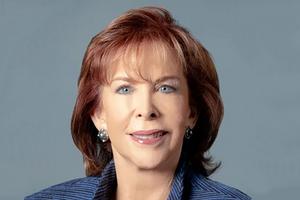
Terry Savage: Chicken money challenge
Now, things are going to get tough for “chicken money” holders. Your self-discipline is about to be tested as short-term interest rates decline, while inflation remains steady. It’s easy to set money aside to earn interest when rates are high. But as rates drop, you will be tempted to take just a bit more risk to earn more. And if you can�...Read more

The stock market and you
There’s an old Wall Street saying: No one ever rings a bell at the top. Only in hindsight do we know that the market has peaked and is headed down.
There’s another Wall Street truism that's relevant here: Bull markets climb stairs, but bear markets ride a slide. In other words, stocks go down far faster than they go up.
One of the greatest...Read more
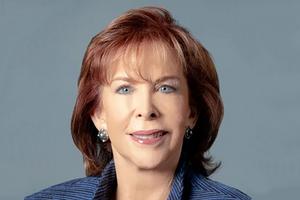
Guarding your credit, identity and property
It’s the holiday shopping/scamming season. And that makes it a good time to think about protecting yourself from the dangers of identity theft.
These days, the fraudsters are so sophisticated that even the most wary consumer can become a victim. So here are some ways to protect yourself, your Social Security number, your bank accounts and ...Read more
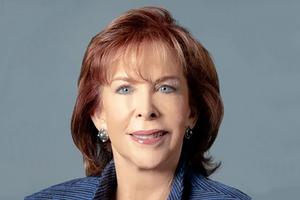
How income can affect Medicare premiums
Every senior on Medicare should be intimately familiar with IRMAA — the initials that stand for Income Related Monthly Adjustment Amount.
It’s the amount by which your Medicare Part B and Part D premiums increase each year, based on your recent modified adjusted gross income (MAGI). The more you earn while on Medicare, the higher your ...Read more

Terry Savage: This holiday season, help the needy and manage your finances
This is the time of year when I typically offer financial planning advice to those who have the flexibility to make charitable gifts or plan ahead for taxes. But this year, more than ever, I am acutely aware of the millions of people to whom that advice doesn’t apply.
They are hard-working Americans struggling to make ends meet — to feed ...Read more
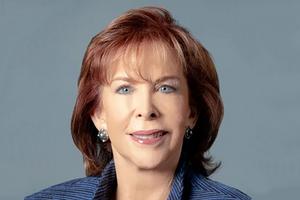
Terry Savage: Lower health care premiums with small biz insurance
Suddenly millions of working Americans can no longer afford “Obamacare” health insurance, as premium subsidies have been removed. But there is one other potential health insurance opportunity that could offer significantly lower premiums — if you act quickly.
It’s called the Small Business Special Enrollment period which runs from ...Read more

Terry Savage: The toughest talk
Once upon a time, parents and children sat down together for the toughest talk: the birds and the bees. Now it’s time to face up to an even tougher conversation: the bills and the wills.
As the baby boom generation ages and their adult children mature in their careers, boomers confront the most difficult challenge — facing their own ...Read more
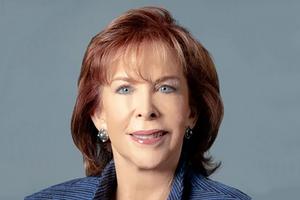
It's RMD time again!
Time flies — and never so quickly as we approach the annual deadline for taking required minimum distributions from traditional IRAs and 401(k) and 403(b) plans.
With more boomers reaching age 73 each year, it’s worth reviewing the rules. And even more importantly, it’s worth sitting down right now to calculate and take your RMD, so you ...Read more
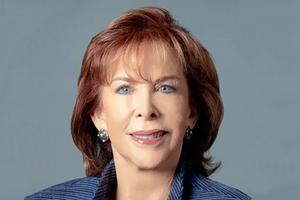
Terry Savage: When to take Social Security
You may have seen videos making the rounds on TikTok or other social media. Or even a recent op-ed in the Wall Street Journal. All suggest that you grab your Social Security benefits at age 62 to “get that money while the getting is good.”
In fact, they suggest you could come out ahead simply by investing those early benefits if you don’t...Read more
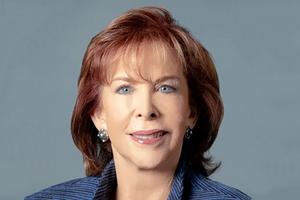
Choosing a Medicare Part D drug plan
You may not be taking prescription drugs when you sign up for Medicare at age 65, or when your work coverage ends, but eventually you will need meds.
That’s why, immediately upon signing up for Medicare Part B, you must also sign up for Part D, which covers drugs, even if you are currently taking nothing stronger than Tylenol. If you wait, ...Read more
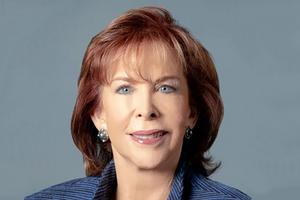
Medicare Beware, part 2: Switching Plans
In my most recent column I explained the key decisions you must make about Medicare — either when you initially enroll or during the annual open enrollment period that runs from October 15 to December 7, 2025. Those decisions will affect the cost and coverage of your health insurance for all of 2026.
Today, I want to go into greater detail on...Read more









